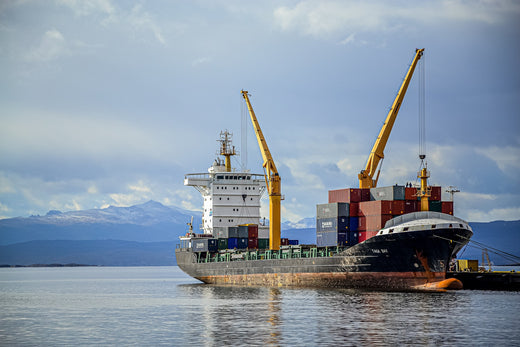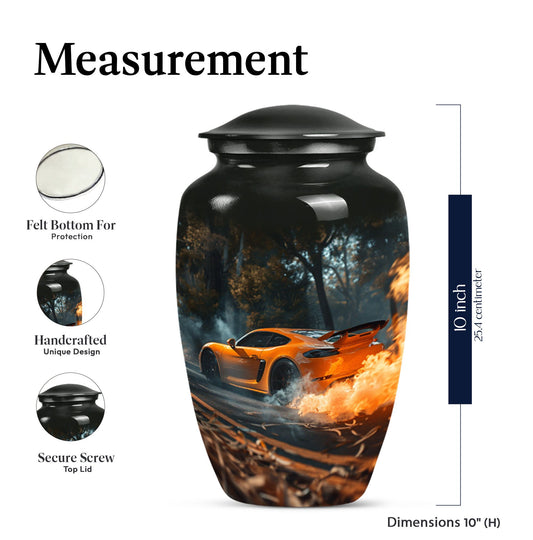Popular Urns
What Are The Possible Shipping Issues Of Carrying Ashes Internationally?

Cremation Laws and Regulations Of Shipping
Many families in the world prefer cremation, but laws regulating cremation as well as shipping issues when transporting ashes abroad should be well understood. To ensure the proper handling and delivery of a loved one's remains, it is necessary to understand the laws and logistic issues involved in the transportation process.
Largely depending on the country and juris-diction, different legal prescriptions surround cremation; their principles, however, hold general commonality. Inasmuch as cremation depends on due authorization, before conducting the cremation; indeed it involves typically attestation, via written consent. Noticed is the condition that prescribes death certificates, a permission document in the form of cremation permits possibly applying under circumstances.

Besides, crematories are supposed to ensure that they strictly follow the identification processes so that the right remains can be returned to the family. The environmental regulations may also feature as countries try to reduce the emissions during the process of cremation.
Although the cremation process is very regulated, shipping these remains across countries is a different matter. Different sets of rules have to be observed-from airlines to postal services and the destination country.
Shipping Issues of Carrying Ashes Across Borders End
1. Unknown to Regulations:
Most families do not know the regulations that come attached to transporting human ashes. Many airlines and courier services have regulation requirements that must be observed in transporting the ashes from one country to another. Examples of such requirements include packaging and documentation among others. If not informed, delays or refusal of shipment occurs. It should therefore be known beforehand the regulations of the airline, the courier, and the receiving country involved.

2. Paperwork Problem:
Paperwork is highly relevant during transportation of ashes abroad. They mostly comprise the death certificate and cremation certificate among others. In most countries, there will be requirements for additional approvals or official translation of these documents. Custom delays, seizure of remains, or a refusal to let it inside can arise from either missing or incomplete paperwork.
3. Bad Packaging:
Ashes must be stored safely in an appropriate container. International cargo mostly requires the cremation urn to be made of non-metallic material, to be X-ray transparent for security scanning at the airport. Wooden urns, plastic, or ceramic ones are mostly allowed, whereas those made of metal pose problems in scanning and hence flight is delayed.
4. Customs and Import Regulations:
Each country has its kind of regulation on how they take ashes in from other countries. For most countries, they will enact strict restrictions that may even suggest special permits or even documentation, even before bringing it into the country. If those terms are not adhered to, the ashes may be stored at customs or even be prevented at customs. It is always crucial to determine which countries importing laws apply to the destinations during destinations research.

5. Airline-specific policies
Each airline has specific policies about carrying cremated remains. Such policies should be strictly followed. Ashes can be taken onboard if carried in a sealed container that can also withstand X-ray screening. However, other airlines may insist on check-in as cargo. Thus, these should be clarified before to avoid any hassles at the last moment.
International shipping should be smooth for families with an expert funeral director or shipping professional who specializes in international cremation transportation. Familiarity with laws regarding cremation and preparation for shipping can help eliminate unwarranted stress and time delays on the family during the honor of their wishes regarding the ashes.
This ensures honor and dignity in transporting of remains by observing required regulations while carrying out logistics appropriately.



























































































